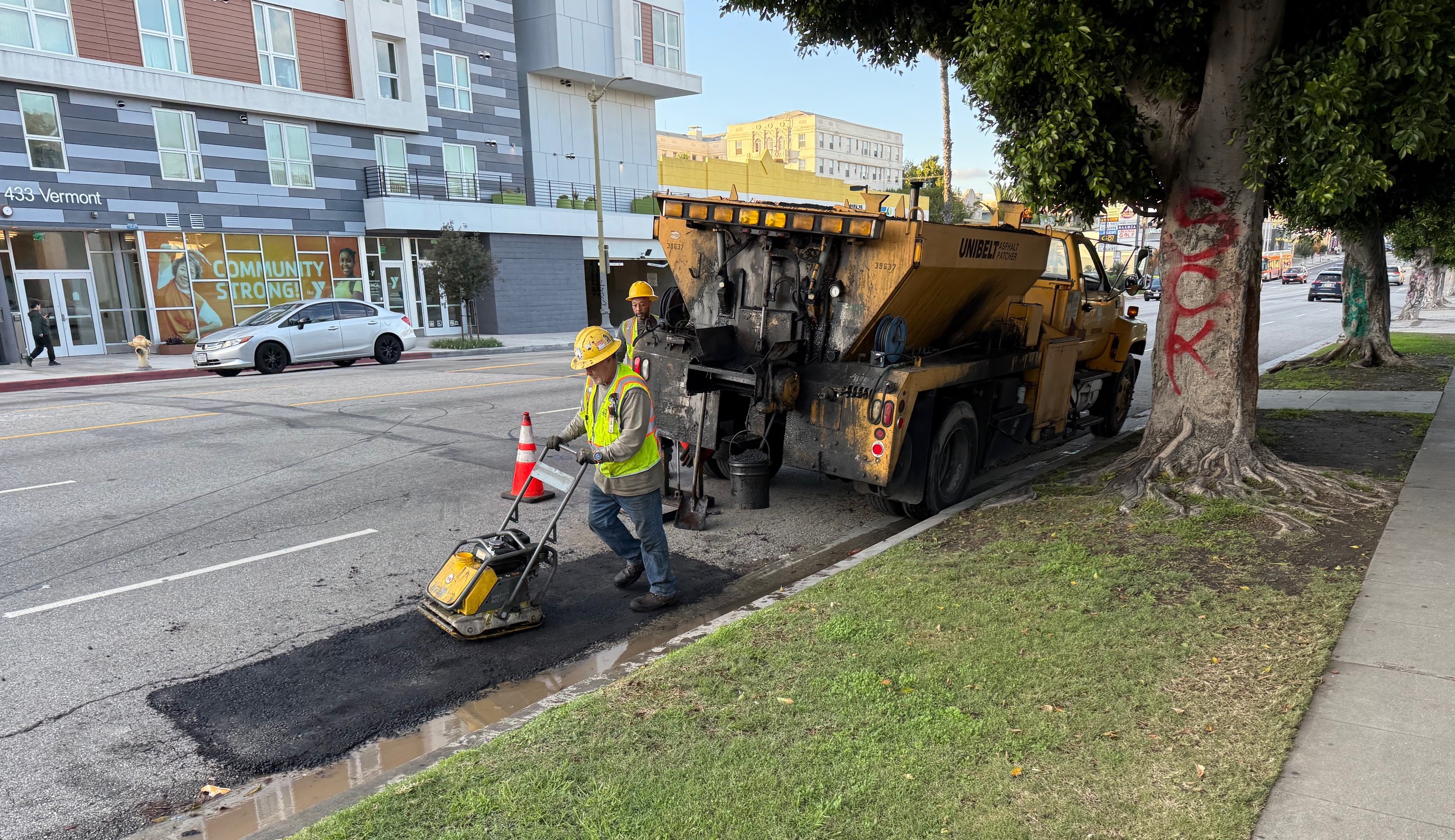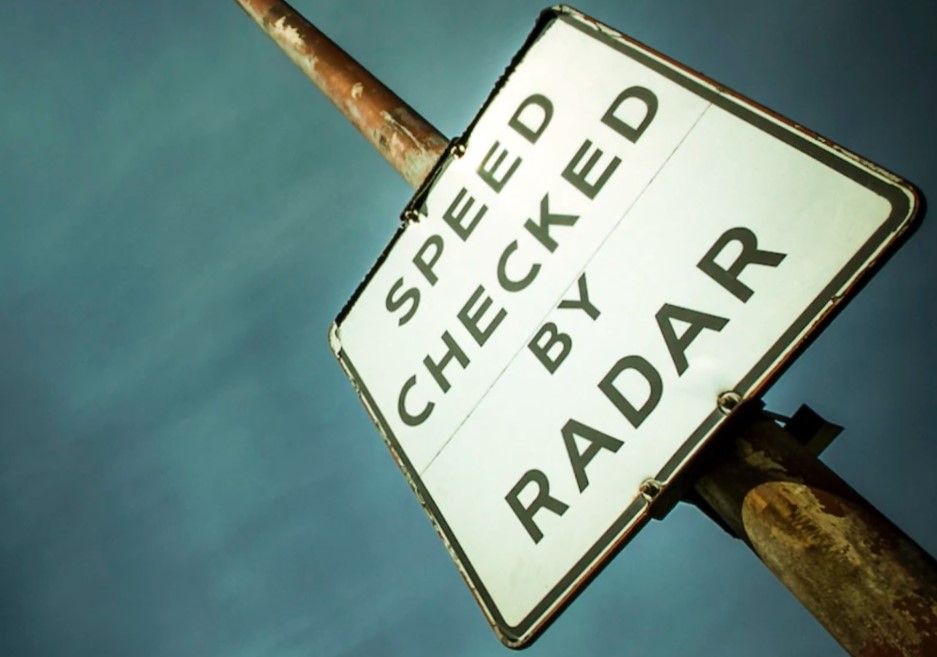It appears Chicago politicians who privatized city parking meter
operations traded short-term political gain for long-term fiscal pain.
 Photo: Best Recession Ever
Photo: Best Recession EverChicago may have left as much as $974 million on the table under the terms of last year's agreement with Morgan Stanley. A June report from the city inspector general [PDF]
blasted the deal for being rushed, secretive and vastly too expensive
for taxpayers. The report's revelations incensed motorists already antagonized by a ragged roll-out of meter rate hikes.
All
in all, it wasn't the money for nothing bargain the City Council seemed
to think it was back in December when Morgan Stanley handed over a
check for $1.157 billion. This manna from Wall Street plugged the
city's gaping budget hole and allowed the council to avoid painful tax
hikes and service cuts. It also enticed lawmakers in Los Angeles and
Philadelphia, where officials were considering their own parking
privatization deals.
In return for the upfront cash, Chicago
leased its 36,000 parking meters for the next 75 years to the
Morgan-led consortium, and granted it the authority to double and
triple meter rates. By 2013 downtown meters are slated to double to $6
per hour; neighborhood meter rates are to double to $2 per hour.
The
deal was pushed hard by Mayor Richard Daley. The core of his
privatization argument was that Chicago lacked the political will to
raise meter rates and that desperate fiscal times demanded unlocking
the value of public parking. He noted that city meters were only
generating about $20 million a year, and because of neighborhood
resistance, meter prices hadn't gone up in 20 years. His conclusion was
that Chicago had to outsource the political will to raise meter rates.
However,
the inspector general's report concludes that, "If Chicago were to keep
control of the parking-meter system and operate it under the same terms
as the private company, the system would be worth approximately $2.13
billion (in present dollars)," or $974 million more than the city
received. Ironically, another cost of Chicago parking privatization was
that it
quashed a number of neighborhood-supported parking improvement
districts, in which higher meter fees were to be invested in local
pedestrian, bicycle and transit improvements.
While
public-private partnerships can be appealing because they require
motorists to pay more of the actual cost of driving, are these deals
really the only way to overcome political resistance to higher motoring
fees?






